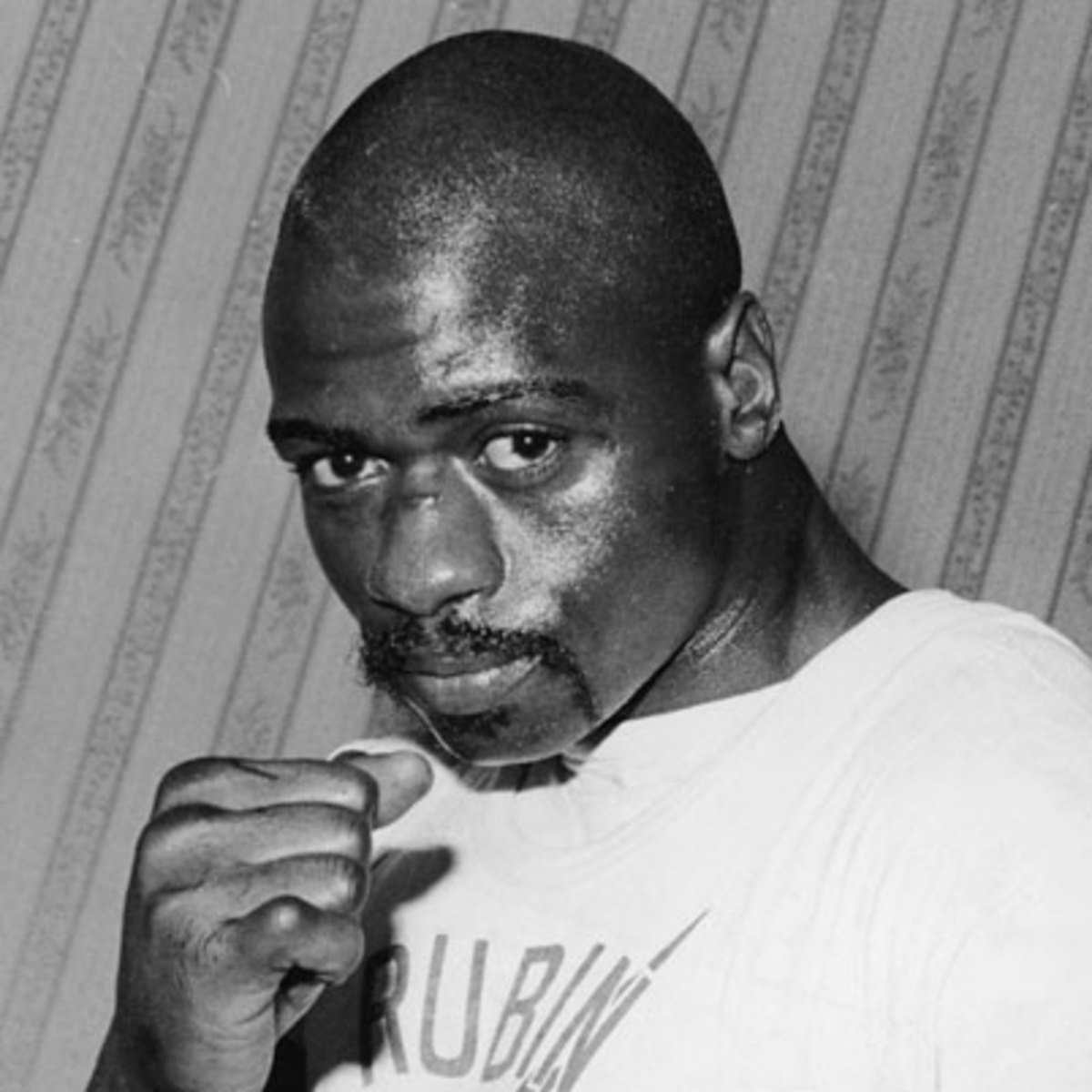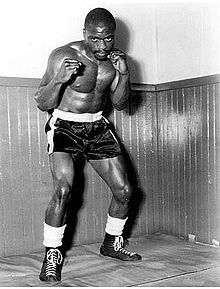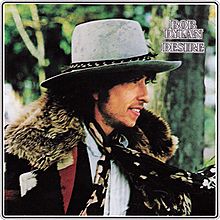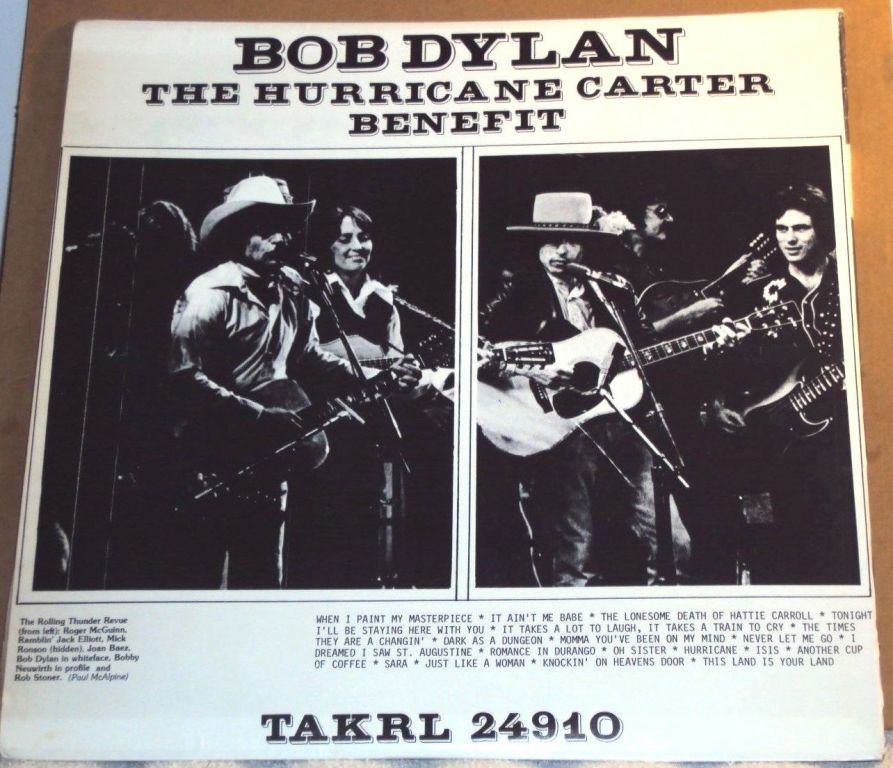Early Life Rubin Carter was born in Clifton, New York on May 6th, 1937. Early on in his life, he gained a reputation as a violent child, having been sentenced to juvenile reformatory several times. He even stabbed a man in self defense when he was just 11 years old. In order to shorten his juvenile reformatory time, Carter joined the Army in 1954. He was soon sent to West Germany where he discovered his passion for boxing. However, he was soon discharged from the Army due to allegations of two muggings.
|
A Middleweight Champion Carter was released from prison in 1961 and almost immediately became a professional boxer. He stood at 5 feet 8 inches which was considered small for the middleweight class at the time. However, he packed an enormous punch, often knocking out his opponents in the early rounds. He went on to earn a 27-12-1 record in his professional boxing career and was inducted into the New Jersey Boxing Hall of Fame in 1993.
|
Controversy
On June 17, 1966 at Lafayette Bar and Grill in Paterson, New Jersey, Rubin Carter's life was forever changed.
AccusationTwo men had entered the Lafayette Bar and Grill at 2:30 am and shot three customers and the bartender. There were three deaths and one survivor of the attack. A witnessed testified in court that he noticed two black individuals enter the bar with a shotgun and a pistol. They then left in a white vehicle that was parked near the bar.
|
EvidenceAbout 10 minutes after the crime had occurred, police pulled Rubin Carter over because his out-of-state license plate closely resembled the one described by witnesses. The police eventually found a pistol and shotgun in Carter's car similar to the one at the crime scene. However, the ammunition was different and no fingerprints were taken at the scene.
|
Conviction
Carter and his alleged partner John Artis were initially released from custody after the witnesses failed to identify them when brought to police headquarters. Several months later, two of the witness decided that Carter and Artis were actually the ones they saw that night. At this point in time, Carter was given a life sentence by the grand jury.
|
Hurricane by Bob DYlan
A Marathon SongHurricane is Bob Dylan's take on the wrongful conviction of Rubin Carter. The song is is 8 minutes and 33 seconds in length and features no repeated chorus. This gave Dylan the freedom to tell the story of Rubin Carter across the span of eleven verses.
|
Re-recordingDylan's first recording of the song was in July of 1975. However, the lawyers representing his record label made him rewrite part of the song. In the original lyrics, Dylan accused two of the prominent witnesses as having "robbed the body", which could have resulted in a new lawsuit. His new version was released in October 2019.
|
Benefit COncertAfter Dylan released Hurricane on his album Desire in 1976, he joined the Rolling Thunder Revue at Madison Square Garden and raised $100,000 for Rubin Carter's benefit. This event was said to have gained support for Carter and may have even led to the second trial in 1985 where Carter was found innocent.
|
Free At LastSoon after his trial that emancipated him in 1985, Rubin Carter moved to Canada and became a Canadian citizen. There he became the executive director of the Association in Defense of the Wrongly Convicted (AIDWYC). In 2012, Carter was diagnosed with prostate cancer. The man with whom he was convicted all the way back in 1966, John Artis, stayed with him at his bedside until he succumbed to his illness in 2014. In conclusion, Rubin Carter was a victim to the racist court system back in the Sixties and was a testament to what needed to be fixed.
|
Works Cited
Bettmann Archives. “Rubin ‘Hurricane’ Carter Gripping Jail Bars.” Encyclopedia.com, Encyclopedia.com, 2019, www.encyclopedia.com/law/educational-magazines/rubin-hurricane-carter- gripping-jail-bars.
Bob Dylan. Hurricane, Don DeVito, 5 Jan. 1976.
Raab, Selwyn. “HURRICANE CARTER CASE IS BACK IN COURT.” The New York Times, The New York Times, 30 Mar. 1987, www.nytimes.com/1987/03/30/nyregion/hurricane-carter-case-is- back-in-court.html?pagewanted=3&src=pm.
Raab, Selwyn. “REVERSAL IS WON BY RUBIN CARTER IN MURDER CASE.” The New York Times, The New York Times, 8 Nov. 1985, www.nytimes.com/1985/11/08/nyregion/reversal-is-won- by-rubin-carter-in-murder-case.html.
“Rubin 'The Hurricane' Carter - Obituary.” The Telegraph, Telegraph Media Group, 21 Apr. 2014, www.telegraph.co.uk/news/obituaries/10778176/Rubin-The-Hurricane-Carter-obituary.html.
“Rubin ‘Hurricane’ Carter Papers.” Rubin "Hurricane" Carter Papers - Tufts Digital Library, dl.tufts.edu/concern/eads/n583z4988.
Bettmann Archives. “Rubin ‘Hurricane’ Carter Gripping Jail Bars.” Encyclopedia.com, Encyclopedia.com, 2019, www.encyclopedia.com/law/educational-magazines/rubin-hurricane-carter- gripping-jail-bars.
Bob Dylan. Hurricane, Don DeVito, 5 Jan. 1976.
Raab, Selwyn. “HURRICANE CARTER CASE IS BACK IN COURT.” The New York Times, The New York Times, 30 Mar. 1987, www.nytimes.com/1987/03/30/nyregion/hurricane-carter-case-is- back-in-court.html?pagewanted=3&src=pm.
Raab, Selwyn. “REVERSAL IS WON BY RUBIN CARTER IN MURDER CASE.” The New York Times, The New York Times, 8 Nov. 1985, www.nytimes.com/1985/11/08/nyregion/reversal-is-won- by-rubin-carter-in-murder-case.html.
“Rubin 'The Hurricane' Carter - Obituary.” The Telegraph, Telegraph Media Group, 21 Apr. 2014, www.telegraph.co.uk/news/obituaries/10778176/Rubin-The-Hurricane-Carter-obituary.html.
“Rubin ‘Hurricane’ Carter Papers.” Rubin "Hurricane" Carter Papers - Tufts Digital Library, dl.tufts.edu/concern/eads/n583z4988.





